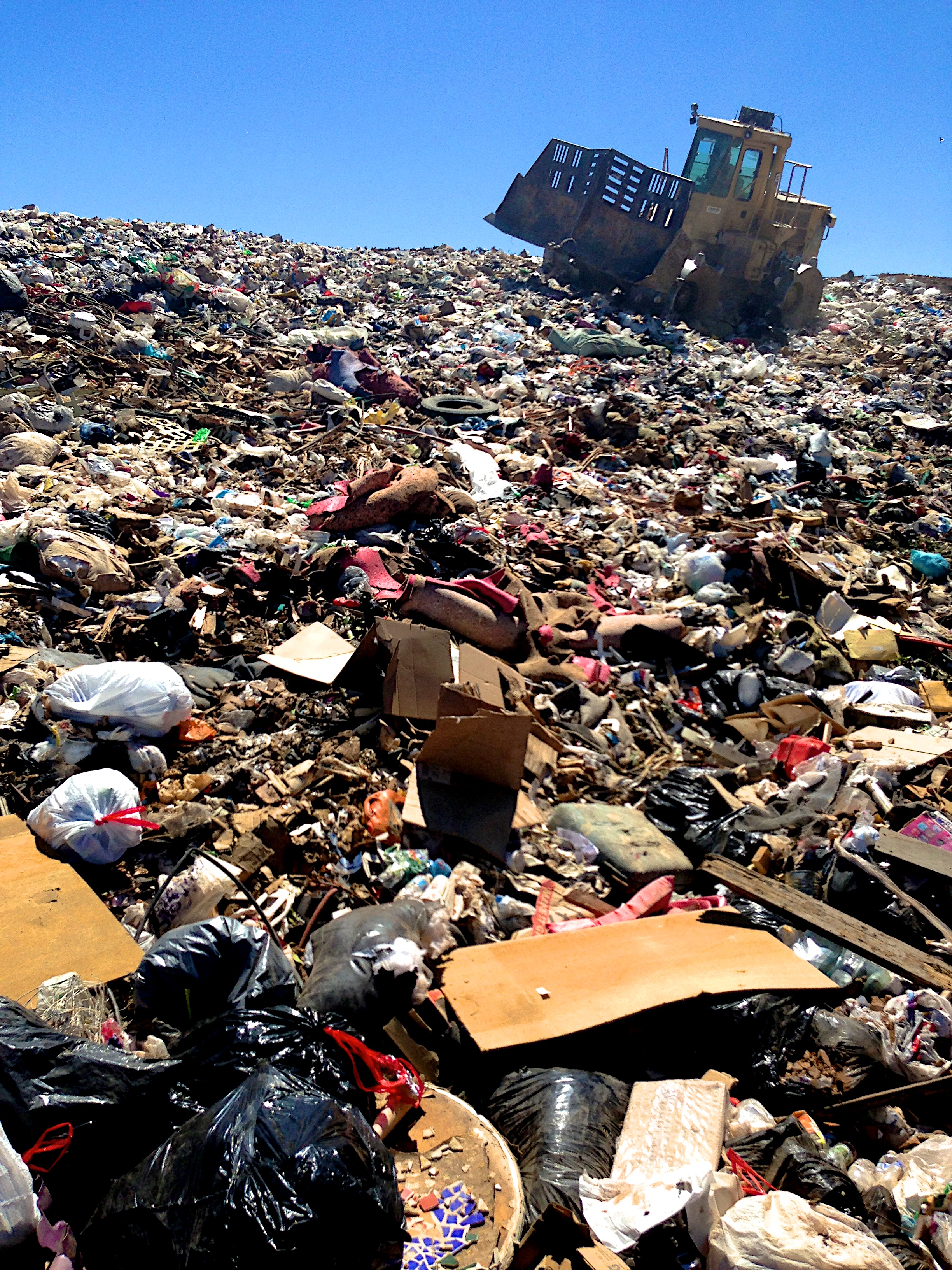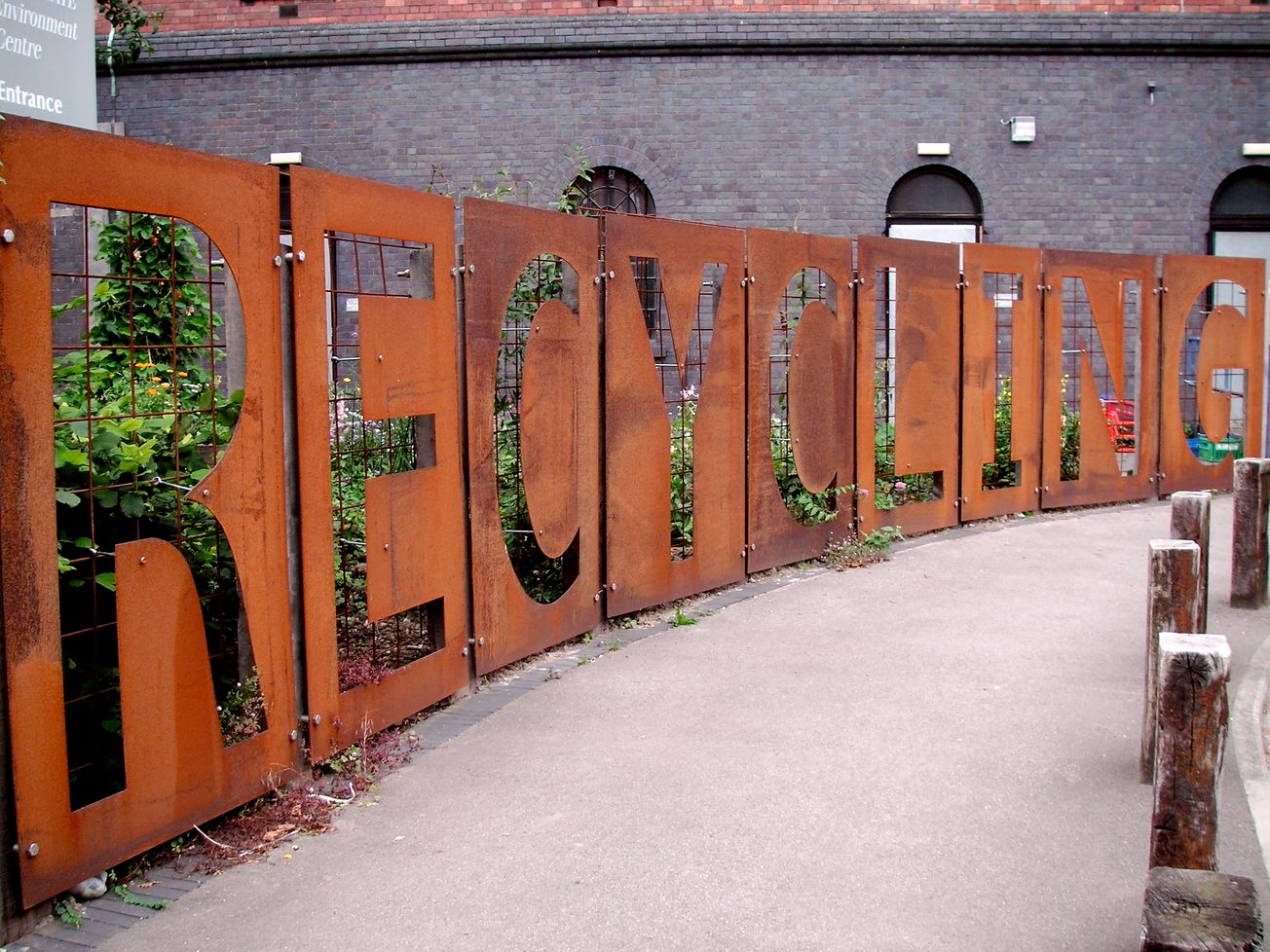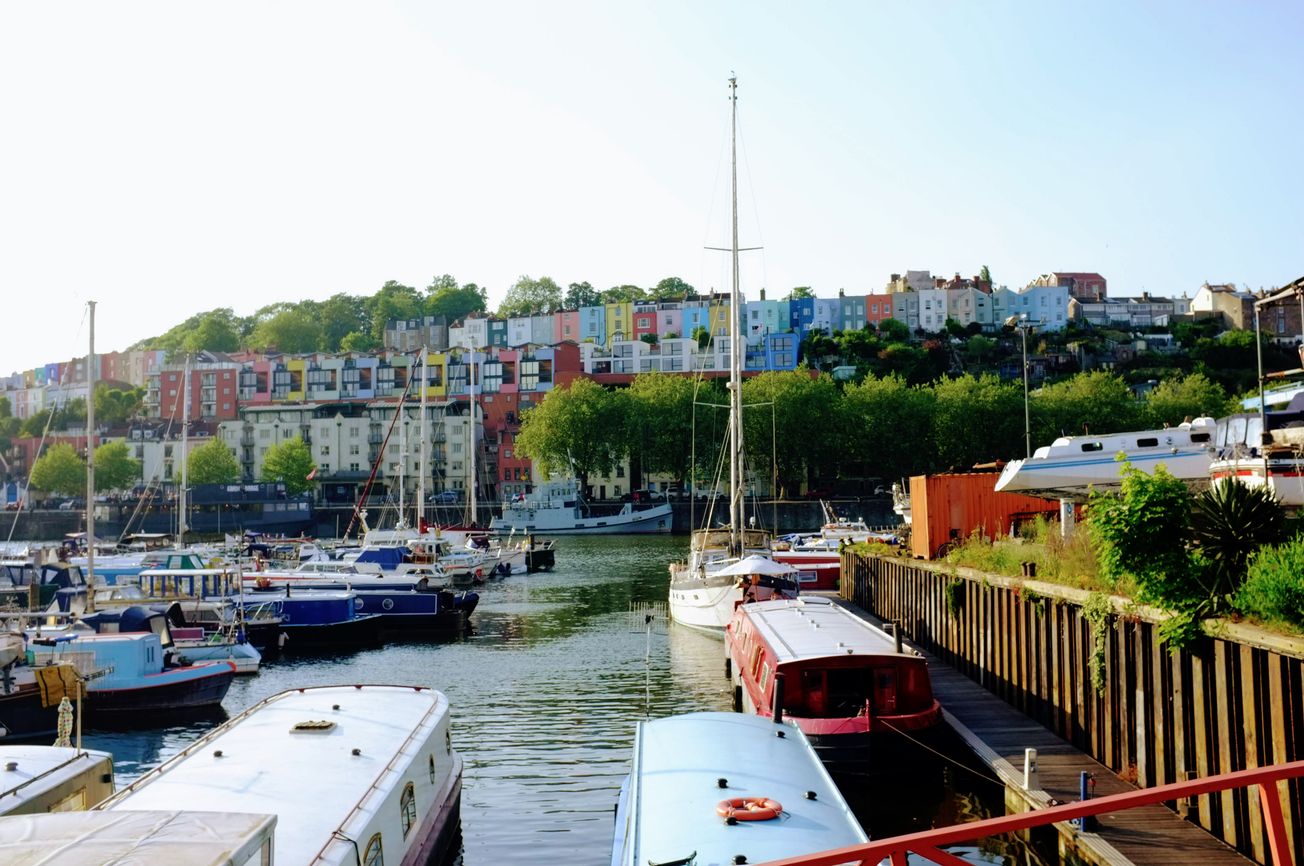Deputy Living Editor Emily Hayman returns with another helpful guide. This week, she offers a helpful and easy template for living a more eco-friendly life.
Reducing your carbon footprint is a topic touched upon when at school in that random geography lesson, or a fleeting thought that springs to mind when talking to a recently converted vegan friend.
But actually taking steps towards changing your behaviour is a challenging task most people struggle to even consider – let alone do. I hope to briefly show you that taking responsibility for how we live really isn’t as unachievable as we may think!
“a world of sad turtles is not a world we should want to be living in”
First and foremost, living as a student tends to mean meal deals. Throwing a plastic bottle away every day actually adds up to a substantial amount of waste when you think about the number of students popping into the Coop in that lunch break, before binning the waste in those tiny questionable bins dotted around uni or at the ASS. God knows students generally are not the best recyclers.
There is such an obvious action we can take to help live more sustainably in Bristol: consuming less products/food, we will be throwing less away. Plastic is the crucial one we must try and focus on reducing our consumption of, so the same goes with using straws when you are out and about/ at the pub: they are unnecessary and get stuck in turtle’s noses, and a world with sad turtles is not a world we should want to be living in.
“Wills Memorial building doesn’t have any of these correct bins, alongside lots of the main libraries”
Similarly, the coffee cups available when you buy a take-away coffee are rarely recyclable, as they have a plastic layer around them to stop them leaking. The vegeware ones, which are used in the numerous source cafes around campus, have to end up in the right bin in order to ensure successful recycling, which they usually don’t.
In fact, Wills Memorial building doesn’t have any of these correct bins, alongside lots of the main libraries, resulting in these cups ending up in landfill at a staggering rate every day.
So, buying a reusable coffee cup (for example, the Balloon Bar sell these for a mere £5.00, which includes a free hot drink on purchase and then 20p discount of every following hot drink you buy), and actually using it, is a change that can have a significant impact on the environment, especially if you are someone who drinks 1-2 cups of coffee every day.
The statistics regarding food waste in the UK are shocking: 1/3rd of food that is grown for human consumption gets chucked in the bin. The FAO estimates that reducing this by as little as a quarter and redirecting such food would save enough to feed 870 million hungry people. So just from simply buying less food, or not regularly going to Sainsburys when hungover to buy ample amounts of food that you know you will not be able to finish, will make a difference! Food waste which ends up in a landfill site takes a significant amount of time to decompose, but simultaneously releases large quantities of CO2 and Methane, all contributing to the greater pressing problems of the green house effect and global warming.

Flickr / Alan Levine
Here are some useful tips on how to reduce consumption:
1.Visit Scoopaway Health Food Stores on Gloucester Road and take away all your products in jars from home... you can get these teal reusable bags from @doyourbit.uk on Etsy.... eradicate your chances of buying too much plastic, buy food in bulk instead!
2.Try and buy lots of fruit and veggie from the Cotham fruit and veg store on Cotham Hill or get your veg from Broadmead market (there is no plastic free packaging).
3.Buy bottles instead of cans with six pack rings around them. There’s actually more alcohol in them and no turtles get choked by the rings around their necks this way!
4.Try using a spork! You can take them around with you and make a difference to the environment whilst doing so.
5.Visit the multi-faith chaplaincy on woodland road between 1-3 on Wednesday for some plastic free food shopping.
6.Down at the White Botanicals Cafe on St Nicks Market (owned by Mr Wolfs), their drinks come only with metal straws which are washed out afterwards for reuse.
7.If you go to a bakery, make sure they place your savoury or sweet treats in a paper bag.... there is really no need for it to be extra wrapped in plastic.
8.Look into buying a bracelet from @4OceanBracelets, as this ensures your money will go to funding the removal of plastic waste from the ocean. Similarly, you could buy a compostable plant-based phone case from @pelacase.
Couldn’t be more satisfied of my purchase - 2 plastic-free phones cases, minimum packaging and a hand-written note @PelaCase @SaveTheWaves pic.twitter.com/JfscgwTdlE
— Giulia Monteleone (@GiuliaMonteleon) February 23, 2018
So, the general advice such as use less energy, save more water and walk more places seems overused but still stands, but as stingy students, these are actions we tend towards anyway. Other things to consider are 1) when moving to a new house and setting up bills, its useful to bear in mind the kind of company that is trying to be greener, so for example using an electricity provider which uses solar power, 2) eating less meat makes a major difference to people’s carbon footprints and also yay to vegetarianism/ veganism as you are choosing to actively not support the industry which encourages the unnecessary cruel treatment of animals and 3) reusable clingfilm is a thing!
Also, here is the link for you to check out Roots on Facebook, Bristol’s very own gardening community, Roots Bristol.
Roots Community Gardening is a project led by students that aims to get students involved in conservation and sustainability around Bristol, whilst encouraging interaction between students and the wider community. They regularly plant flower beds, sow seeds and contribute to the conversation of beautiful green areas around Bristol, and are very welcoming to any newcomers who love getting outdoors and are passionate about the environment and living sustainably!
Featured image: Flickr / Matt Gibson
Any eco-friendly advice you would like to share? Get in contact!









